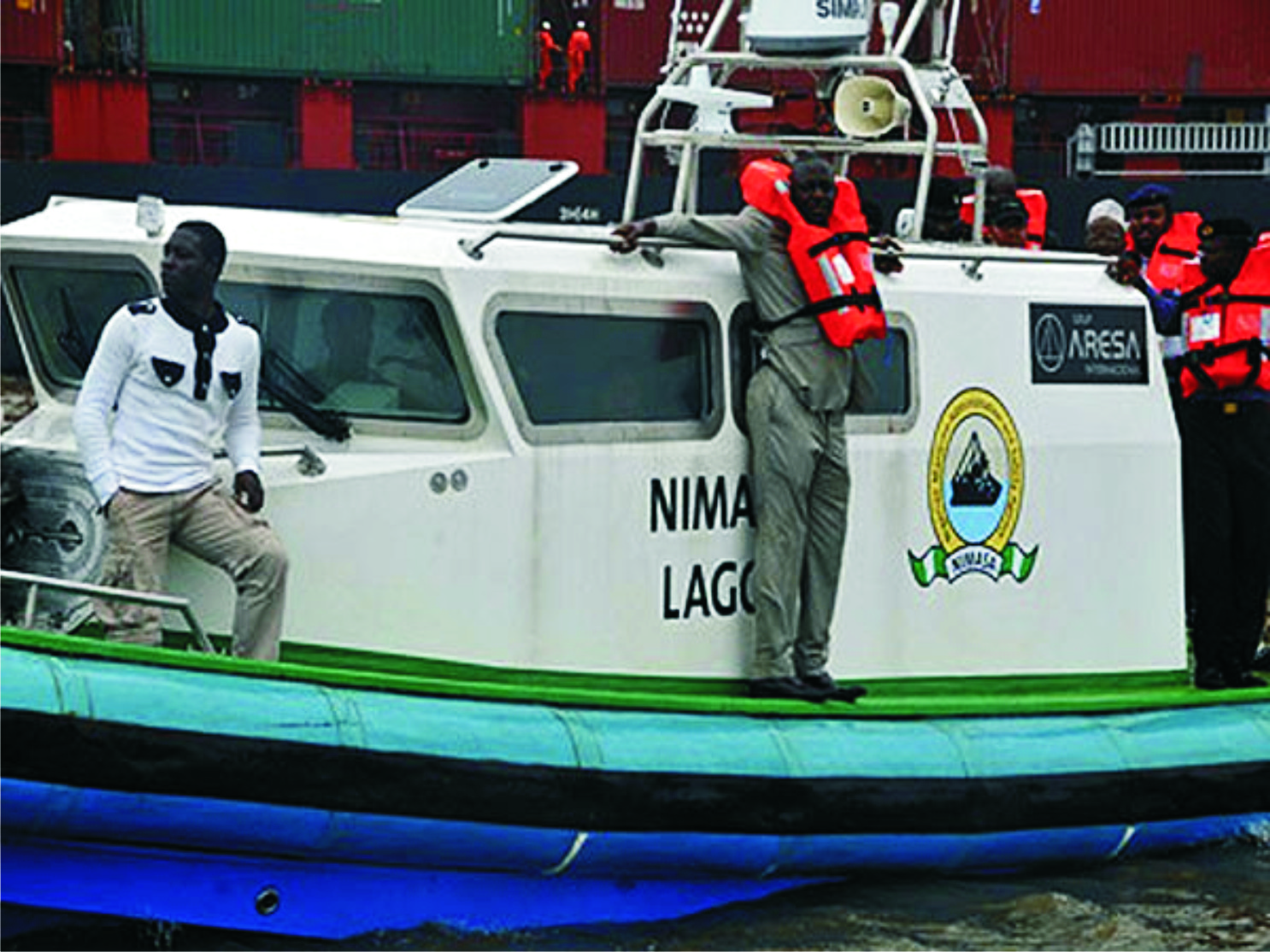Business
NIMASA Tasks Nigerians On SMEs In Maritime Industry

The Nigerian Maritime Administration and Safety Agency (NIMASA) has advised Nigerians to get involved in vast Small and Medium Enterprises (SMEs) businesses in Nigerian maritime industry.
The Director-General of NIMASA, Dr Bashir Jamoh, gave the advice in Enugu during the NIMASA Special Day at the ongoing 31st Enugu International Trade Fair which ends today.
Jamoh, represented by Mr Victor Onuzuruike, Director of Special Duties, said that SMEs could come in and provide services and products needed by seafarers and also tap from the enormous wealth of the blue economy (wealth of the seas).
He noted that ordinary Nigerians with low capital could engage in making of fishing nets, provide big threads for pulling or anchoring light ships, boats, ferries, tugs among others.
“Nigerians at the SMEs level can also provide catering services for seafarers and their on-land support staff; provide vessel cleaning, laundry and refuse collection services.
“You can tap from the maritime business by providing fresh and hygienic water on board of vessels as well as painting, decoration and wielding services as well.
“All these are just what Nigerians can do in the coastlines and earn a living and employ some hands as well to assist them,’’ he said.
Jamoh, however, noted that apart from the popular clearing and forwarding as well as trucking services; Nigerians could also provide storage facilities, cold stores and security patrol services on-shore and in-land offices of the shipping companies.
The director-general noted that the maritime industry was not only for the very rich or big time players; as some lower products and services needed in the sector had been reserved for Nigerians by the Cabotage law.
He also urged Nigerians to take advantage of free short-term seafaring trainings as well as other programmes of the Maritime University to learn more about the sea and get employed to work directly in ships.
Earlier, President of the Chamber, Chief Emeka Nwandu, said that NIMASA had provided the needed security and safety in the nation’s coastlines.
Business
Fidelity Bank To Empower Women With Sustainable Entrepreneurship Skills, HAP2.0
Business
President Tinubu Approves Extension Ban On Raw Shea Nut Export
Business
Crisis Response: EU-project Delivers New Vet. Clinic To Katsina Govt.
-

 News3 days ago
News3 days agoAmend Constitution To Accommodate State Police, Tinubu Tells Senators
-

 Politics3 days ago
Politics3 days agoSenate Urges Tinubu To Sack CAC Boss
-

 News3 days ago
News3 days agoDisu Takes Over As New IGP …Declares Total War On Corruption, Impunity
-
Business3 days ago
President Tinubu Extends Raw Shea Nuts Export Ban To 2027
-
Business3 days ago
Crisis Response: EU-project Delivers New Vet. Clinic To Katsina Govt.
-
Business3 days ago
President Tinubu Approves Extension Ban On Raw Shea Nut Export
-
Sports3 days ago
NDG: Rivers Coach Appeal To NDDC In Talent Discovery
-
Rivers3 days ago
Etche Clan Urges Govt On Chieftaincy Recognition

